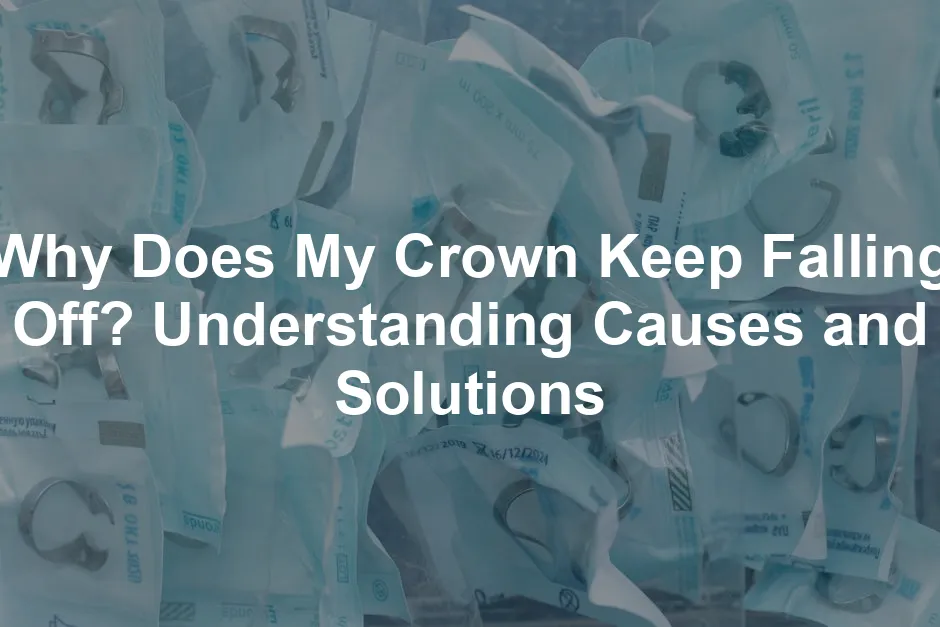
Why Does My Crown Keep Falling Off? Understanding Causes and Solutions
Why Does My Crown Keep Falling Off? Understanding Causes and Solutions
Introduction
Have you ever experienced a dental crown falling off? You’re not alone! This common issue can be frustrating and concerning. Understanding why crowns dislodge is essential for maintaining good dental health. In this article, we’ll explore the reasons behind this problem, provide effective solutions, and share preventive measures to help you keep your crowns securely in place.
To keep your dental health in check, consider using a Dental Care Kit. It’s an essential toolbox for maintaining your crowns and overall dental hygiene. After all, a little prevention goes a long way in avoiding costly dental bills!
Summary and Overview
Dental crowns serve as protective caps that restore the shape and function of damaged teeth. They’re typically used following root canals or to cover broken teeth. However, crown dislodgement is more common than you might think. Factors like improper fit, weakened cement, and poor oral hygiene can lead to this issue.
In this guide, we’ll break down the causes of crown dislodgement, identify symptoms to watch for, and discuss prevention strategies. Our aim is to provide you with a comprehensive understanding of dental crowns and help alleviate any concerns you may have. With this knowledge, you can enjoy your smile with confidence!
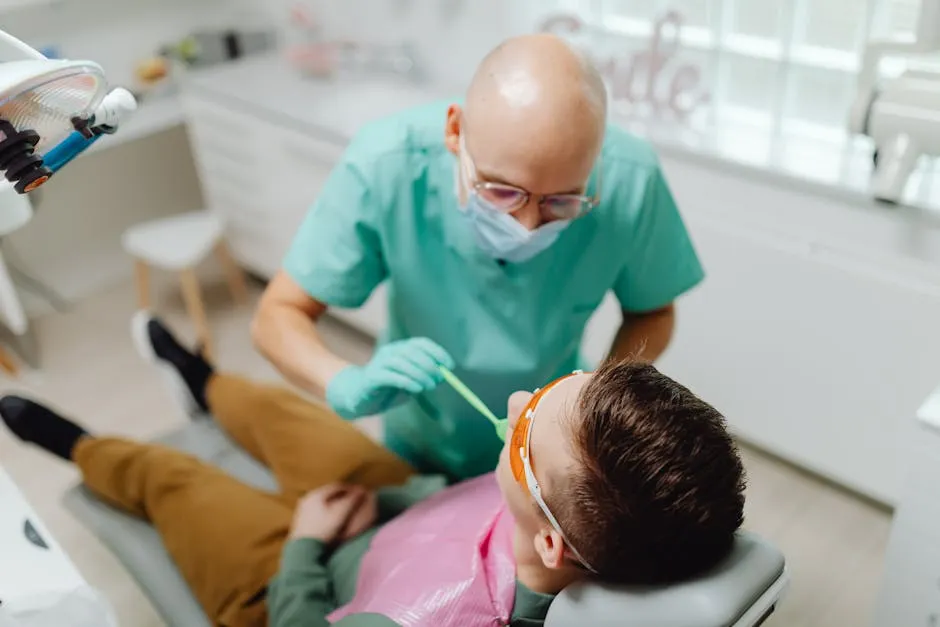
Common Reasons Why Dental Crowns Fall Out
Improper Fit or Construction
One major reason crowns fall off is an improper fit. If a crown doesn’t snugly fit your tooth, it can easily become dislodged. This issue often stems from inaccuracies during the impression process. Sometimes, lab errors can lead to a poorly constructed crown. To avoid this, choose a dentist who uses advanced technology for impressions. Digital impressions can create a more precise fit, reducing the chances of your crown coming loose.
While you’re at it, why not invest in an Electric Toothbrush? They provide a superior clean compared to manual brushing, ensuring that your dental crowns and remaining teeth remain in tip-top shape!
Weakened Dental Cement
Over time, the dental cement that holds your crown can weaken. Factors like constant chewing, exposure to moisture, and even temperature changes can contribute to this deterioration. If the cement loses its strength, the crown may become loose and eventually fall out. Regular dental visits can help catch signs of weakened cement early, allowing for timely intervention.
Speaking of intervention, having a reliable Dental Adhesive Temporary Cement at home can save you from unexpected visits to the dentist. It’s the perfect temporary solution if you ever find yourself in a pinch!
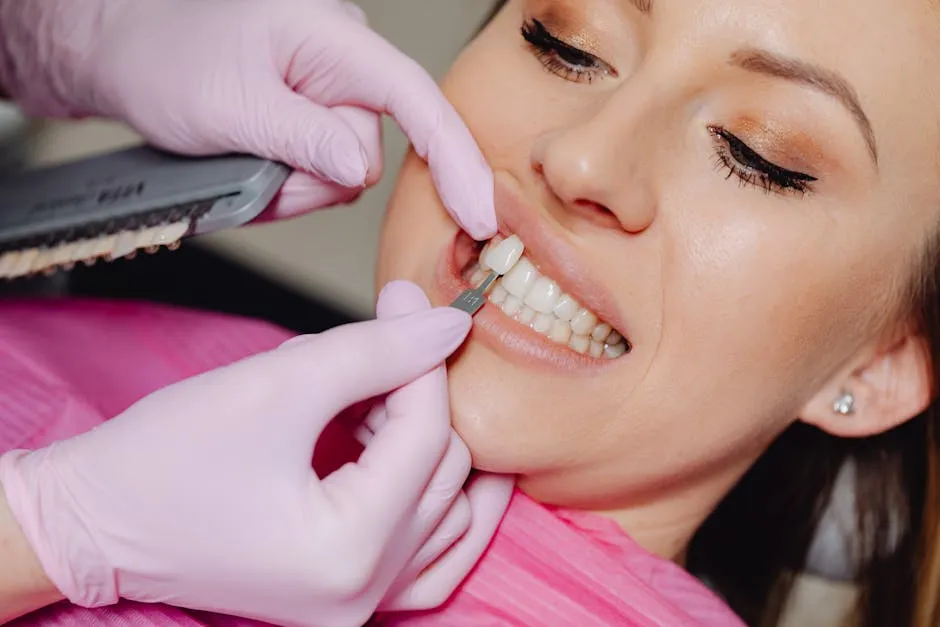
Tooth Decay or Damage
Decay can develop around the edges of your crown, which may weaken its hold. If bacteria invade the area where the crown meets the tooth, it can lead to further decay. Additionally, insufficient tooth structure can also impact crown retention. If your tooth is too damaged, it may not provide the support your crown needs to stay in place.
To avoid such decay, consider using Toothpaste for Sensitive Teeth that can help shield your crowns from discomfort and maintain overall oral health. Your teeth will thank you!
Bruxism (Teeth Grinding)
Bruxism, or teeth grinding, can significantly impact dental crowns. The excessive pressure from grinding can loosen crowns over time. If you find yourself grinding your teeth, it’s crucial to seek treatment. A mouthguard can help protect your dental work and alleviate the pressure on your crowns. For more information on the importance of seeking professional help, check out this article on why seeking professional help is crucial for managing bruxism.
To enhance your night routine, consider investing in a quality Mouthguard for Teeth Grinding. It’s a small investment for significant protection against bruxism-related dental issues!

Understanding bruxism is essential for protecting your dental work. Why is seeking professional help crucial for managing bruxism?
Dietary Factors
Certain foods can also contribute to crowns dislodging. Hard or sticky foods, for instance, can put undue stress on your crown. Chewing ice, hard candies, or even certain types of bread can increase the risk of your crown coming loose. Consider modifying your diet to include softer options that are less likely to jeopardize your dental work.
And while you’re planning your meals, why not check out a Soft Food Recipe Book? It can give you tasty options to keep your diet gentle on your crowns!

Other Contributing Factors
Several other factors might contribute to a crown falling out. Trauma from accidents can dislodge crowns, while temporary crowns often have weaker adhesives that may fail. Poor oral hygiene can also lead to decay, affecting the crown’s fit and stability. Maintaining good dental health is essential for keeping your crowns secure and functional.
What to Do If Your Crown Falls Out
Immediate Steps to Take
If your dental crown falls out, don’t panic! Follow these simple steps to handle the situation effectively.
First, locate the crown. If you find it, handle it gently. Rinse it with warm water to clean off any debris. Avoid using soap or chemicals.
Next, call your dentist right away. Explain what happened and schedule an appointment as soon as possible. Your dentist will likely want to see you within a few days.
While waiting for your appointment, protect the exposed tooth. You can use a small piece of sugar-free gum to cover the area temporarily. This helps guard against sensitivity and prevents food from getting stuck.
If you don’t have gum, consider using dental adhesive or temporary cement from a pharmacy. Just remember, these solutions are not permanent fixes, so be gentle when chewing. And if you need a quick fix, grab some Dental Adhesive Temporary Cement to help secure your crown until you can see your dentist!

When to Contact Your Dentist
Don’t delay in contacting your dentist! The sooner you reach out, the better. It’s important to get your crown reattached or replaced quickly. Delaying treatment may lead to further complications, such as decay or damage to the underlying tooth.
If your crown falls out multiple times, it’s a sign of a deeper issue. Your dentist may need to assess the fit or the condition of the tooth underneath the crown.
In the meantime, avoid hard or sticky foods. Stick to soft options to prevent any additional strain on the area. And if you’re looking for a way to keep track of your health, consider a Fitness Tracker to monitor your overall health as you recover!

Preventing Dental Crowns from Falling Out
Best Practices for Crown Maintenance
To ensure your crown stays secure, make regular dental check-ups a priority. These visits allow your dentist to monitor your crown’s condition and catch any potential issues early.
Maintaining excellent oral hygiene is crucial. Brush your teeth twice daily with fluoride toothpaste and floss regularly. This helps prevent decay around the crown, which can compromise its hold.
Be mindful of what you eat. Avoid hard or sticky foods that may dislodge your crown. Chewing ice or hard candies can put unnecessary pressure on your dental work. To help with this, consider investing in a Water Flosser. It’s an excellent addition to your dental care routine!
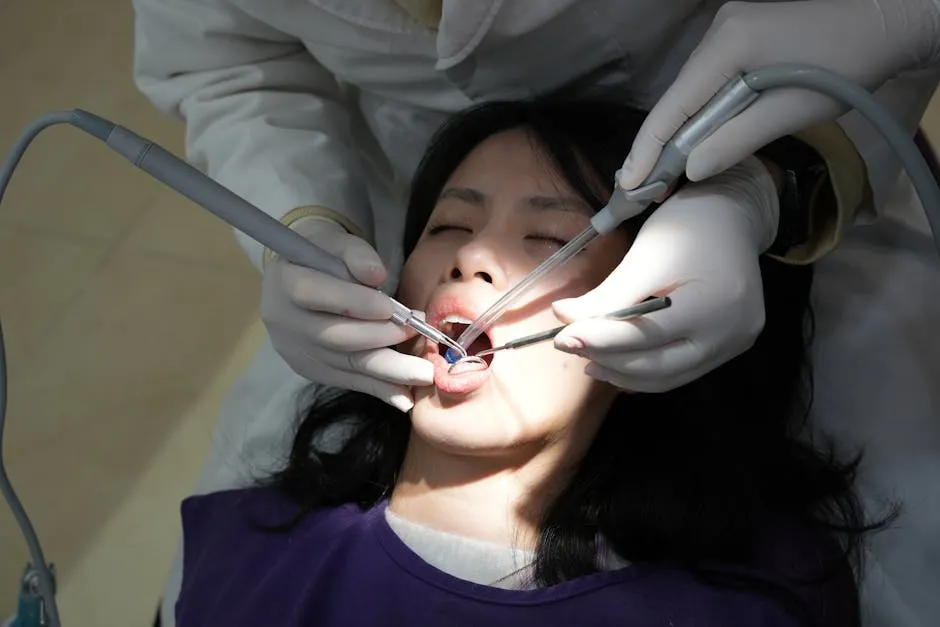
When to Seek Professional Help
If you consistently experience issues with your crown, consult your dentist. They can assess whether the crown is properly fitted or if there’s underlying tooth damage.
If problems persist, don’t hesitate to seek a second opinion. Sometimes, a fresh perspective can uncover solutions you hadn’t considered.
Taking proactive steps can significantly reduce the chances of your crown falling out again. Prioritize your dental health to enjoy a confident smile! And remember, a good Journal for Mindfulness can help you track your dental health journey too!
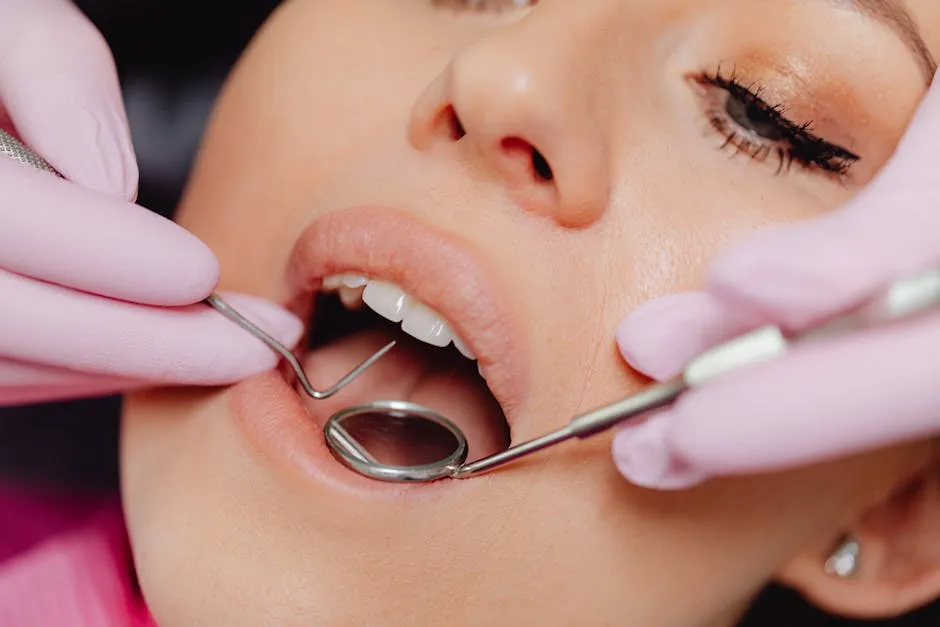
Treatment Options for Loose or Lost Crowns
Re-cementing the Crown
When a crown comes loose, your dentist may recommend re-cementing it. This process starts with cleaning the crown and the underlying tooth. The dentist will then apply a strong dental adhesive to both surfaces. After positioning the crown back onto the tooth, they will ensure it’s correctly aligned. Finally, the dentist will apply pressure to secure the crown and remove any excess cement. This method is effective if the crown is intact and the tooth structure is healthy.
But if you’re looking to take a more proactive approach, investing in a Teeth Whitening Strips can help keep your smile bright and boost your confidence while your crowns are being treated!
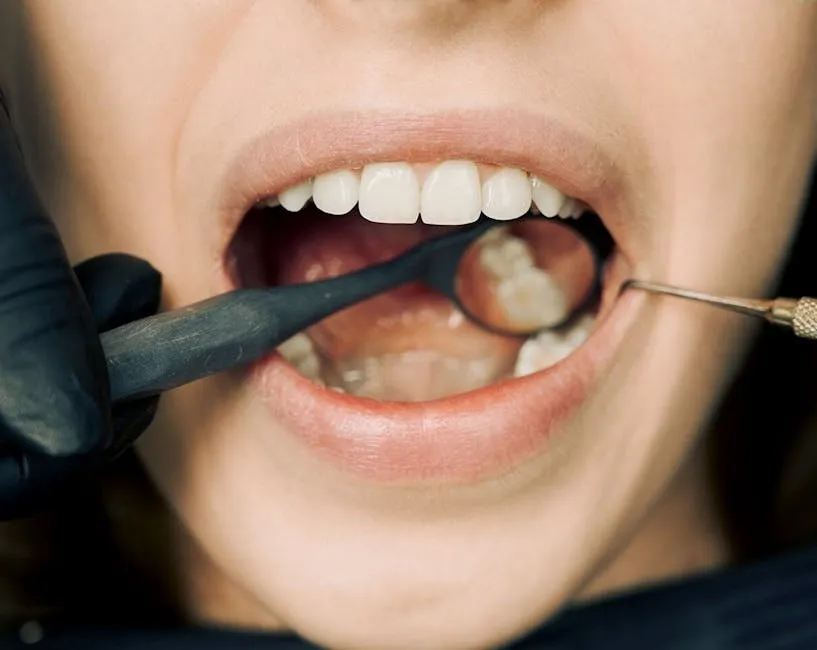
Replacement Options
Sometimes, a new crown is necessary. This scenario often occurs if the existing crown is damaged or if there’s significant decay beneath it. If the tooth structure is severely compromised, your dentist might suggest a dental implant. This involves placing a titanium post into the jawbone, providing a stable foundation for a new crown. Implants can be a great long-term solution when the natural tooth can no longer support a crown.
In the meantime, why not explore some great recipes with an Cookbook? Cooking can be a fun distraction while you’re waiting for your dental work!
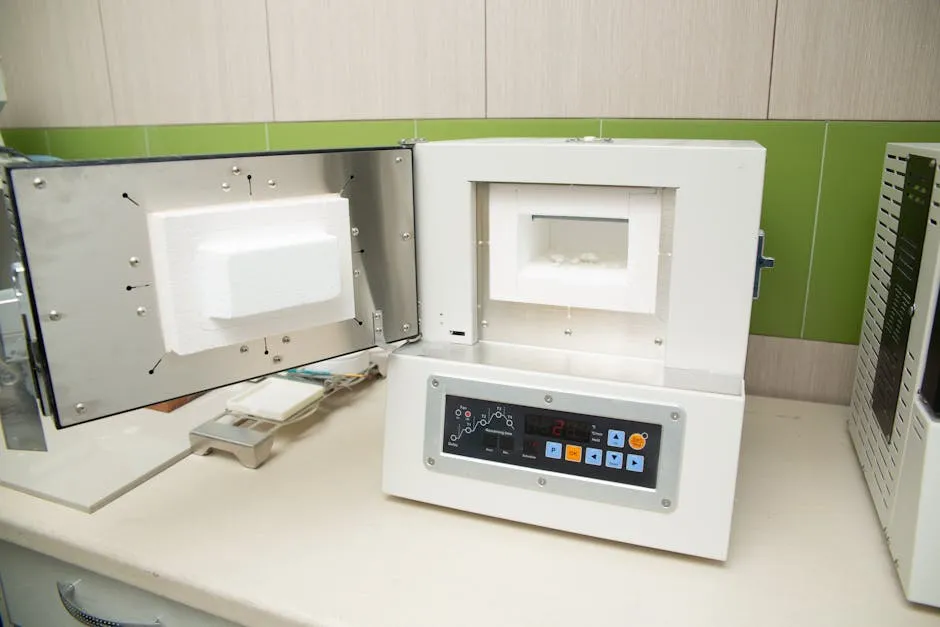
Advanced Solutions
In more complex cases, additional procedures may be required. If decay has reached the pulp of the tooth, a root canal might be necessary. This procedure removes infected tissue, allowing for a healthier foundation for a new crown. In some instances, your dentist may place a post into the tooth to enhance stability. This post helps support the crown, especially when there isn’t enough tooth structure left.
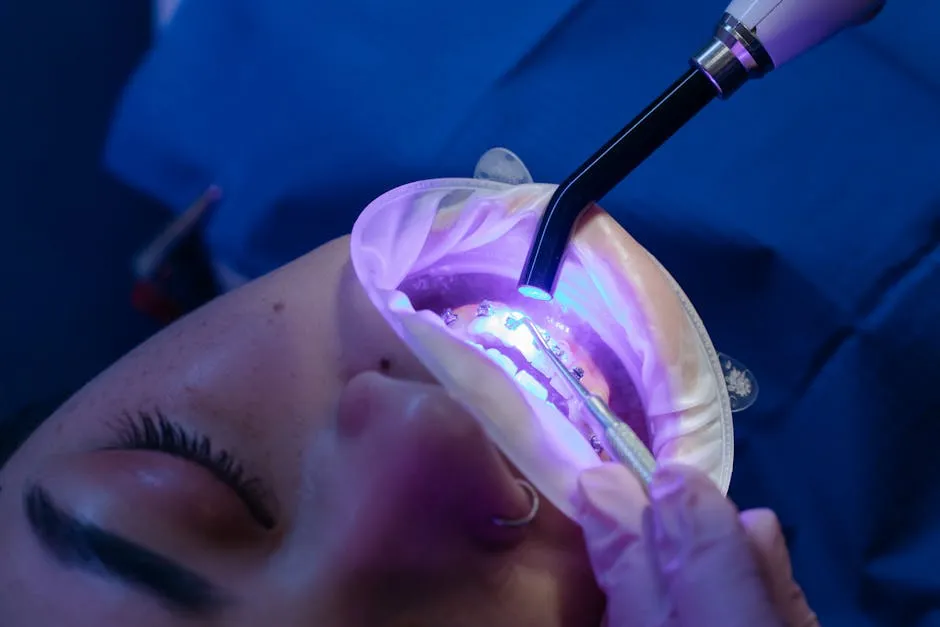
FAQs
What is the average lifespan of a dental crown?
The lifespan of a dental crown varies. On average, they last between 10 to 15 years. However, several factors can affect this duration. The material of the crown plays a significant role. For example, porcelain crowns may last less than metal ones. Your oral hygiene habits also matter. Regular brushing and flossing can help maintain the crown’s integrity. Additionally, your diet influences crown longevity. Avoiding hard or sticky foods can prevent damage. Finally, routine dental check-ups can catch issues early, extending your crown’s life.
Can I reattach my crown at home temporarily?
Yes, you can temporarily reattach a crown at home. Start by cleaning the crown gently with water. Avoid using soap or chemicals. Use dental adhesive or temporary dental cement, which you can find at pharmacies. Apply a small amount inside the crown and press it back onto your tooth. Keep in mind, this is not a permanent solution. Try to avoid chewing on that side until you see your dentist. It’s essential to schedule an appointment as soon as possible to address the issue properly.
What should I do if my temporary crown falls out?
If your temporary crown falls out, don’t panic. First, locate the crown and clean it with warm water. Avoid using soap. Next, protect the exposed tooth. You can use dental wax or a piece of sugar-free gum to cover the area temporarily. This helps prevent sensitivity and keeps food from getting stuck. Call your dentist immediately to schedule an appointment. They may be able to reattach the temporary crown or discuss next steps. Avoid hard or sticky foods until your appointment.
Are there any foods I should avoid after getting a crown?
Yes, certain foods can jeopardize your crown’s stability. After getting a crown, it’s best to avoid hard foods, like nuts and hard candies. These can put stress on the crown. Sticky foods, such as caramel or taffy, can also dislodge it. Additionally, avoid chewing ice, as it can crack the crown. It’s wise to stick to softer foods while your mouth adjusts to the new crown. This will help ensure it stays securely in place.
How can I strengthen my teeth to support a crown?
Strengthening your teeth is crucial for supporting a crown. Start by maintaining excellent oral hygiene. Brush twice daily with fluoride toothpaste and floss regularly. This helps prevent decay around the crown. Consider using an antibacterial mouthwash to reduce plaque buildup. Eating a balanced diet rich in calcium and vitamin D can also strengthen your teeth. If you grind your teeth, talk to your dentist about a mouthguard. Reducing grinding pressure helps protect both your teeth and crowns. Regular dental check-ups are key to monitoring your dental health as well.
Please let us know what you think about our content by leaving a comment down below!
Thank you for reading till here 🙂 And don’t forget to hydrate with a stylish Insulated Water Bottle while you take care of your dental health!
All images from Pexels




